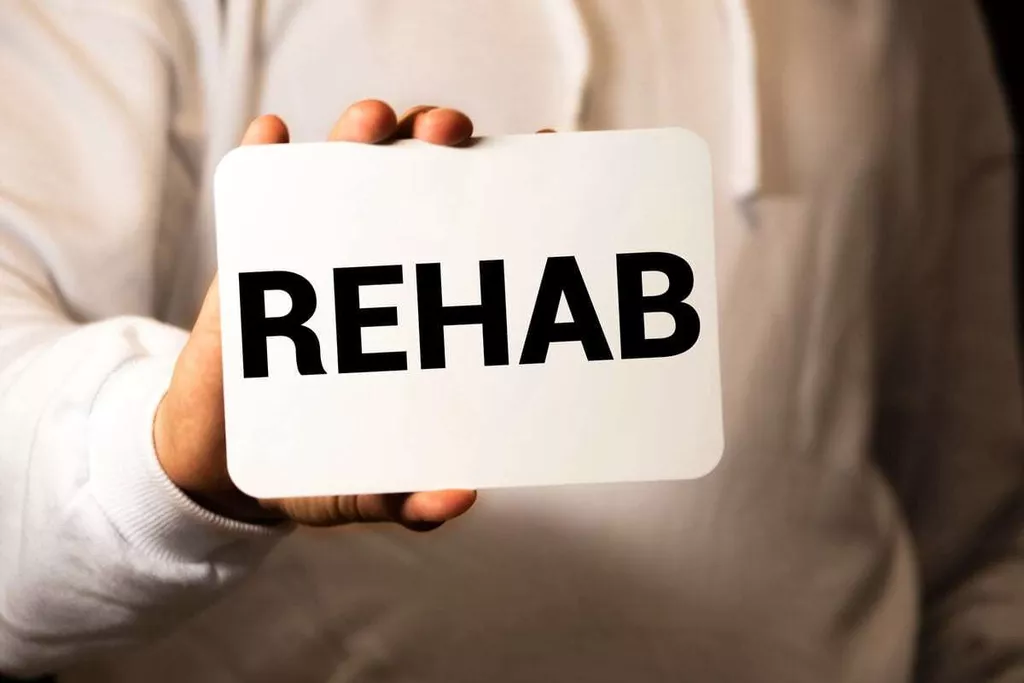
However, severe cases of alcohol withdrawal can last much longer, and someone may require medical Substance abuse supervision while they detox. Staying hydrated is essential for managing stomach pain during alcohol detox. Drink plenty of water throughout the day and avoid sugary drinks and caffeine. Choose foods that are high in fiber and protein, and avoid processed foods. Therapy and support groups play a significant role in addressing the psychological aspects of alcohol addiction and withdrawal such as , anxiety after quitting drinking. They can provide a sense of community and support, reduce feelings of isolation, and teach individuals recovery skills from others who have gone through similar experiences.

Regular Physical Activity

Contact us online today and get the support you need to overcome alcohol addiction. The Jellinek Curve, a tool that outlines signs and symptoms of alcoholism and indicators of addiction and recovery, details some of the other formative milestones people may experience as they get well. Sexual function problems are very widespread among heavy drinkers, including premature ejaculation and erectile dysfunction. Research suggests any amount of alcohol consumption increases the risks of cancer of the mouth, voice box, upper throat, oesophagus and breast. In severe cases of alcohol withdrawal, someone may experience additional symptoms like seizures, hallucinations, intense tremors, and even death.
You May Better Support Your Immune System
The initial withdrawal phase may bring forth anxiety, nausea, sweating, trouble sleeping, and bouts of brain fog. Around 36 hours after ceasing alcohol consumption, symptoms may intensify, potentially leading to clammy skin, jumpiness, insomnia, depression, and a diminished appetite. Occasionally, chronic alcohol gastritis leads to sustained inflammation, making digestive discomfort persistent.
Alcohol and the Liver, Pancreas, and Gallbladder
Dr. Golberg echoes these sentiments, noting that genetics also play a role when it comes to how alcohol consumption impacts both someone’s overall health and skin. Still, this new research is among the best we have linking what is commonly considered moderate drinking to negative health consequences. Despite these potential health benefits, most doctors don’t recommend that someone who doesn’t drink start drinking, or for a moderate drinker to drink more.
- Moreover, a healthy liver ensures a balanced production and regulation of stomach acid, contributing to a harmonious digestive environment.
- Frequent urination can lead to dehydration, as the body loses more water than usual.
- Additionally, maintaining good digestive health in the long-term after alcohol cessation is crucial.
If you fall into this category, don’t be alarmed if you don’t see the following benefits within the first week. Enjoying alcohol socially in reasonable amounts can boost your mood and help you bond with others. But if you drink alone, or down multiple drinks a day, it could turn into an unhealthy habit. If you can’t control it, it may lead to a condition called alcohol use disorder. Giving up drinking may let you focus on your relationships, work, and health. Quitting alcohol is a personal journey, and it’s important to find the approach that works best for you.

Withdrawal

These symptoms can appear a few hours after your last drink and might worsen if not properly managed. By incorporating these healthy habits into your daily routine, you can support your digestive health after alcohol recovery and maintain regular bowel movements. Remember to consult with your healthcare provider for personalized advice and recommendations. Remember, persistent constipation after quitting alcohol may require medical intervention. Discuss your symptoms and concerns with a healthcare professional who can provide personalized guidance and support throughout your recovery journey.
What happens to the stomach after quitting drinking?
- In the fight against constipation after quitting alcohol, probiotics can be your secret weapon.
- Giving up alcohol can be a significant life change, and it’s natural to experience some stress and anxiety during this transition.
- Alcohol suppresses an antidiuretic hormone, meaning you urinate more frequently when you drink.
- It has been found to interfere with the normal production of stomach acids, necessary for killing off harmful bacteria that enter the digestive system.
- Consulting with a healthcare professional or an addiction specialist can provide guidance tailored to your specific needs.
That said, it’s important to keep in mind that alcohol prevents the healing of ulcers, and if you have one, it’s important to eliminate alcohol consumption altogether. In conclusion, navigating the path to better gut health, understanding the impact of alcohol, and adopting healthier lifestyle choices are steps towards a more vibrant life. If this what happens when you stop drinking piece has enlightened or inspired you, consider passing this knowledge to friends and family.

While this acid is vital for digestion, in excess, it can lead to conditions like gastritis or peptic ulcers. Imagine a cleaning substance, useful in the right amount but corrosive if overused. Excessive gastric acid can erode the stomach lining, leading to discomfort and potential long-term issues.
Relapse Isn’t Part of Recovery. It’s Part Of Addiction.
Symptoms of acute alcohol gastritis are also noteworthy, especially the immediate upset presented as ulcers, bloating, gas, and general irritability of the stomach. Inpatient detox and rehab is a highly beneficial treatment program for individuals with severe alcohol addiction. It involves a stay at a facility where patients can receive expert medical care and counseling to help them manage their withdrawal symptoms and begin the journey of recovery. Choosing the right treatment option for alcohol withdrawal syndrome can be an essential step in managing your alcohol withdrawal symptoms and successfully overcoming alcohol addiction. Each individual’s journey is unique, and it’s crucial to find a treatment option that works best for you.
Alcohol acts as a carcinogen in these areas, potentially damaging cells and leading to cancerous changes. This risk is compounded by alcohol’s ability to impair the body’s natural defense mechanisms against cancer. It’s like a double-edged sword, where alcohol not only induces damage but also weakens the body’s ability to repair it. Excessive alcohol can irritate this lining, leading to inflammation, much like how constant exposure to loud noise can irritate our ears. This inflammation can disrupt the normal function of the gut and harm the delicate tissues, leading to discomfort and potentially more serious conditions.
